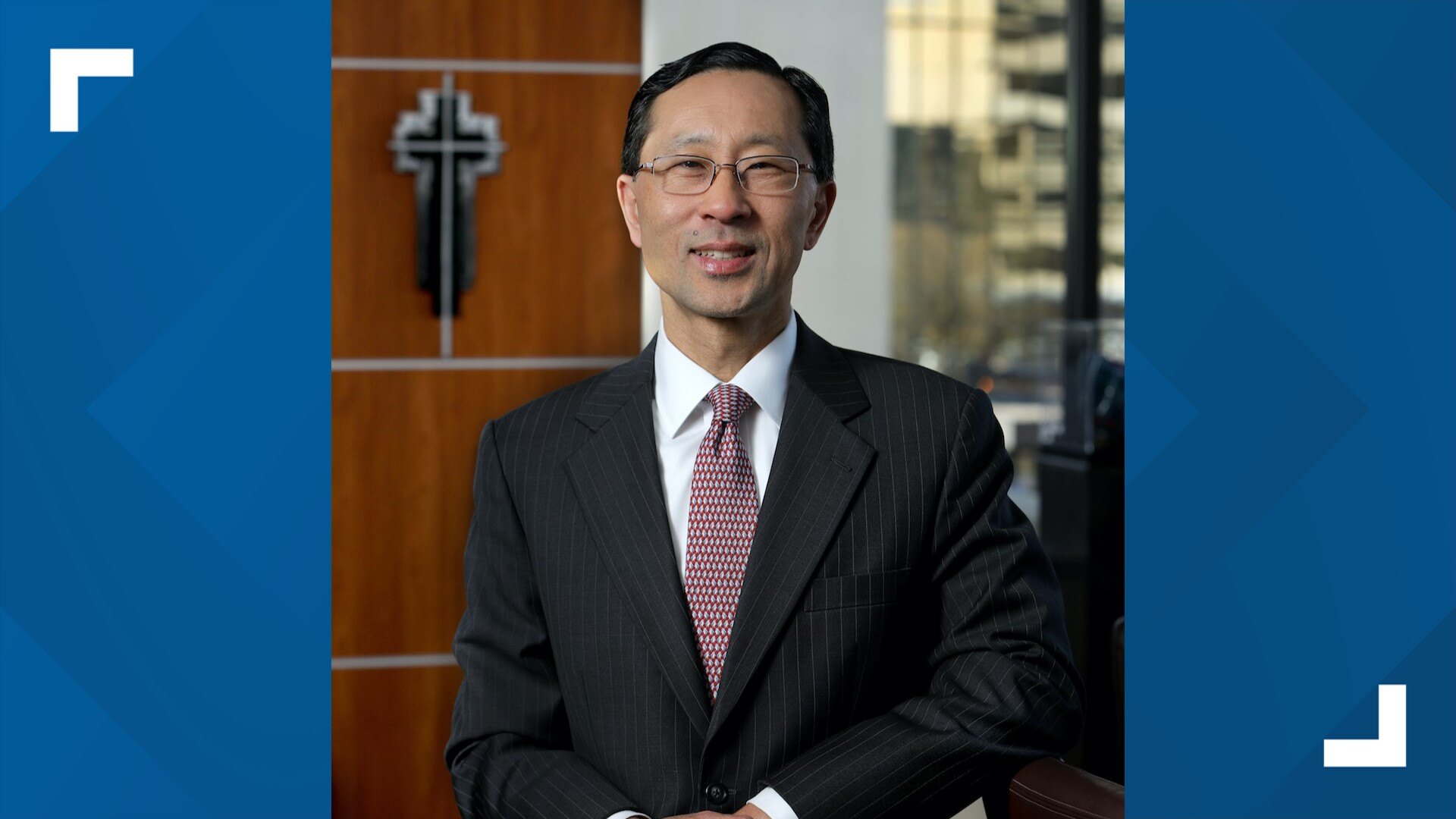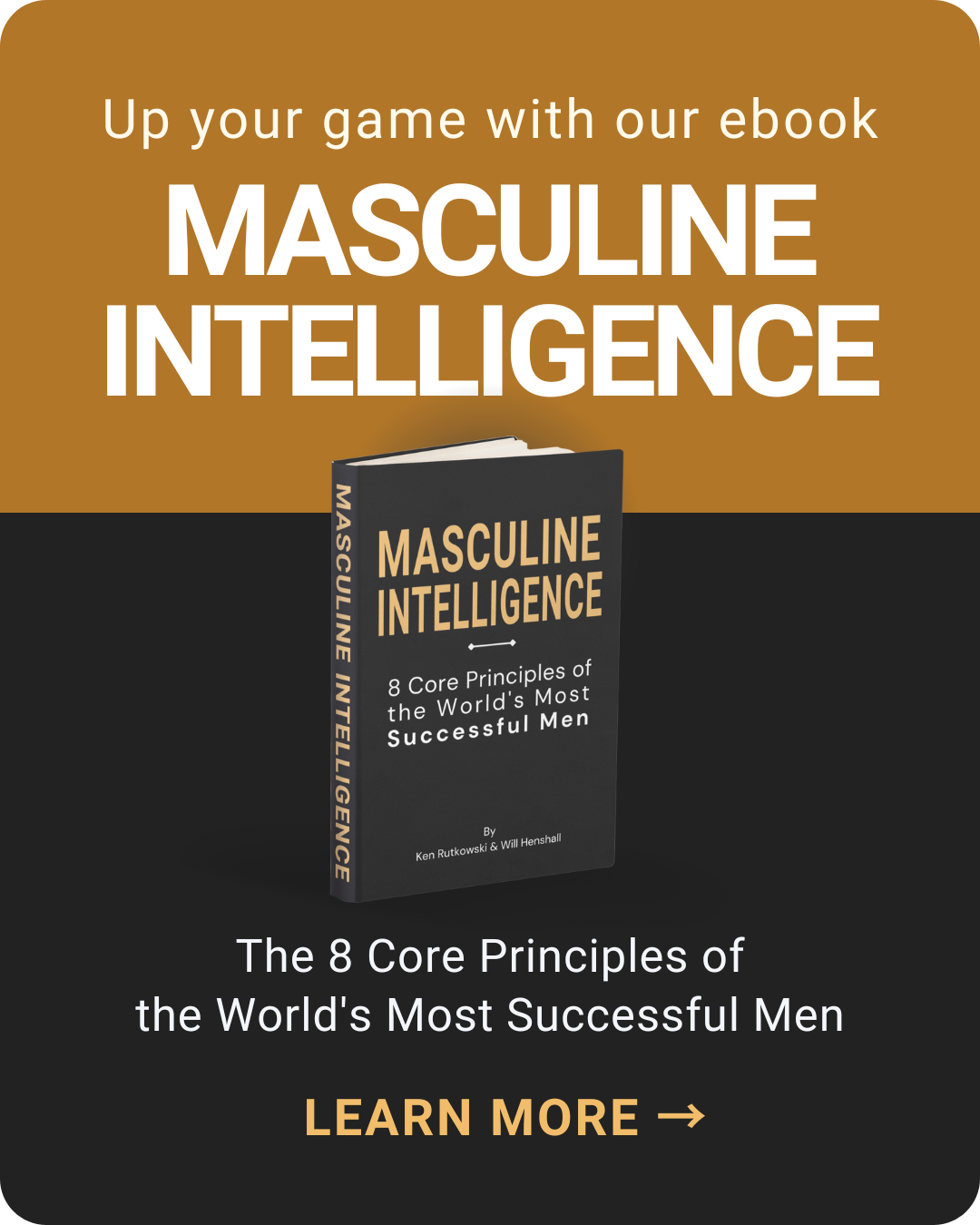
Innovation is crashing down upon us, says Salim Ismail.
The legendary disrupter and veteran of XPRIZE and Singularity University remarks that “we have twenty Gutenberg moments happening at the same time: AI, biotech, solar voltaics, quantum, and thermodynamically reversible computation where you can actually do the computation using molecular bonds.”
Dwarfing Moore’s law, “AI is doubling about every two and a half months. Gene sequencing doubled every six months. That was the fastest moving technology we'd ever seen. But AI is three times as fast. We have no mechanism in society to absorb it all.”
Ismail has built an ecosystem of about 40,000 consultants around the world that use his book, Exponential Growth, and its methodologies to help meet this challenge.
“We’ve created kind of a hive mind around this, and it's unbelievable how fast it's growing. There's a 700 person sub-community on AI itself, and they meet every week to try and process what the hell just happened in AI that week! Our opinion is that we've hit the singularity in AI, meaning that the pace of change is faster than our ability to absorb it.”
Watch Salim Ismail at METAL
MACHINE CONSCIOUSNESS?
The Singularity is the date when machine intelligence overtakes human intelligence and we undergo a technological acceleration. We merge with machines. We move past biological evolution.
But Ismail has a “beef” with Kurzweil’s classic and foundational definition – as well as his projected date of 2045.

“There are about a dozen facets of intelligence. The IQ test measures only two of them: the speed of thought processing and the ability to match concepts across frameworks. But we don't measure emotional intelligence. We don't measure spatial or linguistic or musical intelligence. We don't measure emotional intelligence or the spiritual concept of presence or awareness. And if you're a leader, you're making choices with all of that brought to bear – so what then does it mean when we say machine intelligence will surpass ours?”
He makes a clear distinction between human intelligence and consciousness. “We have no definition for consciousness. We don't even have a test for consciousness. So no, I don't believe that AI becomes conscious and destroys the world.”
DEMOCRATIZATION: BULLISH ON TECH
“We are experiencing a dozen technologies on a doubling pattern. The intersections are interesting. Cryptography meets computation, you intersect them and boom – you have blockchains. AI is just this massive accelerant to everything, and where I think I'm most excited by it is the possibility of using it for deep science.”
He’s also looking forward to solutions for things like pollution management and carbon extraction. These challenges, he says, will never be solved politically, but they can be solved with technology.
“We have a dozen technologies now operating on this doubling pattern, and we've never, ever seen that before. And for the first time in human history, advanced technologies are cheap. We're getting to a democratization of technology where disruptive technology can be done without anybody requiring permission or requiring funding, and that will explode the amount of innovation happening in the world. So as dizzying as change is right now, it’s only going to accelerate. And we are creating a venture fund to both ride – and feed – this wave of exponential change.”
He’s also bullish on AI’s potential to create jobs, not destroy them.
“Every time we've seen technological innovation in the past, jobs are created. ATM machines didn’t knock off bank tellers. Banks actually created 10 times more branches and the number of bank tellers did not change at all. The highest penetration of robotics in the world is South Korea, Germany, and Sweden, and the lowest unemployment in the world? South Korea, Sweden, Germany. People will have to learn new skills, but bottom line? Everyone uplifts.”
LET’S GET POLITICAL – SORT OF
Something else has changed – “nation states don't work in a world of abundance. Nation states were designed for scarcity: guard your boundaries, grab natural resources, expand your empire, etc. But if you have vertical farming, solar energy, satellite internet, [and] water extraction out of the atmosphere, you don't need a country. You can actually operate at the city level. For me, Trump and Brexit and things like that are not about left versus right, it's urban versus rural.

Brexit was 100% London versus the rest of the country.
“So the real tension is the world of city states versus nation states. And that's the tension that's playing out. So we think what will end up happening is cities will start running themselves.”
Ismail thinks the future is small, self-determining communities that get the resources and technologies to manage themselves.
“I’ve built openexo.com, which is our platform where we help companies become Exo-ready and AI ready. We’re setting up venture funds and ecosystems and trying to create a ‘Peace Corps’ that as the world goes through this transformation, we have people trained for the mind-boggling changes about to hit us., As our existing systems fall over, can we build the next so that we fall over more elegantly.”
To learn more about thought experiments about conscious machines, why Gemini has blocked questions about machine self-awareness, exponential growth, challenges in quantum computing, and why he’s struggling with the spiritual implications of the multiverse, which quantum computing seems to be revealing, go here.
Written by Adam Gilad
Trending Now
How Close are we to an Accurate AI Fake News Detector?: In the ambitious effort to combat the negative effects of false content on social media and news sites, data scientists are employing innovative methods. Large language models (LLMs), which are still in the early stages of development and used to create chatbots such as ChatGPT, are now being utilized to identify fake news. Enhanced detection capabilities could enable AI-based fake news checking systems to alert users to, and potentially neutralize the significant dangers posed by deepfakes, propaganda, conspiracy theories, and misinformation. (TNW)
Gen Z: Redefining Media Consumption: Generation Z, born between the mid-1990s and early 2010s, is the first to grow up with the internet and smartphones seamlessly woven into their lives. They are true digital natives, and understanding how they consume media is not just important — it’s essential for anyone in marketing, content creation, or strategic innovation who wants to stay ahead of the curve. (Ken Rutkowski)
Bitcoin Blows Past $87,000 to New All-Time High: Bitcoin's post-election rally intensified, as the pioneering cryptocurrency soared to a new all-time high, surpassing $87,000. Bitcoin had already reached numerical all-time highs the previous week, but breaking this particular threshold has emerged as a significant psychological milestone for those anticipating an ongoing surge in the digital currency's value. (Axios)



